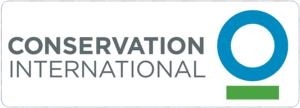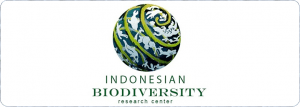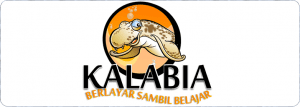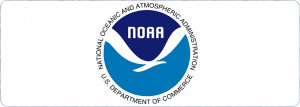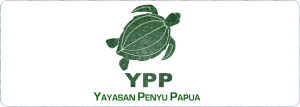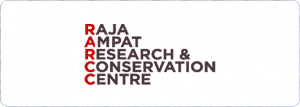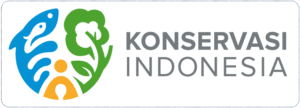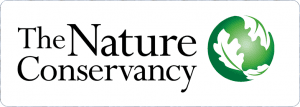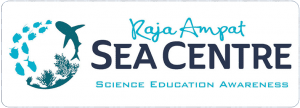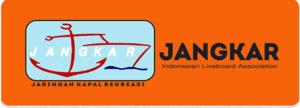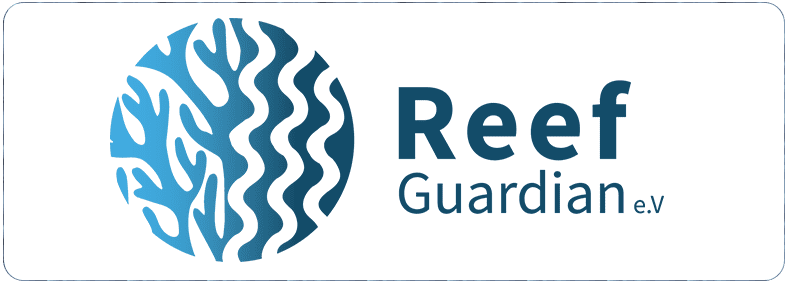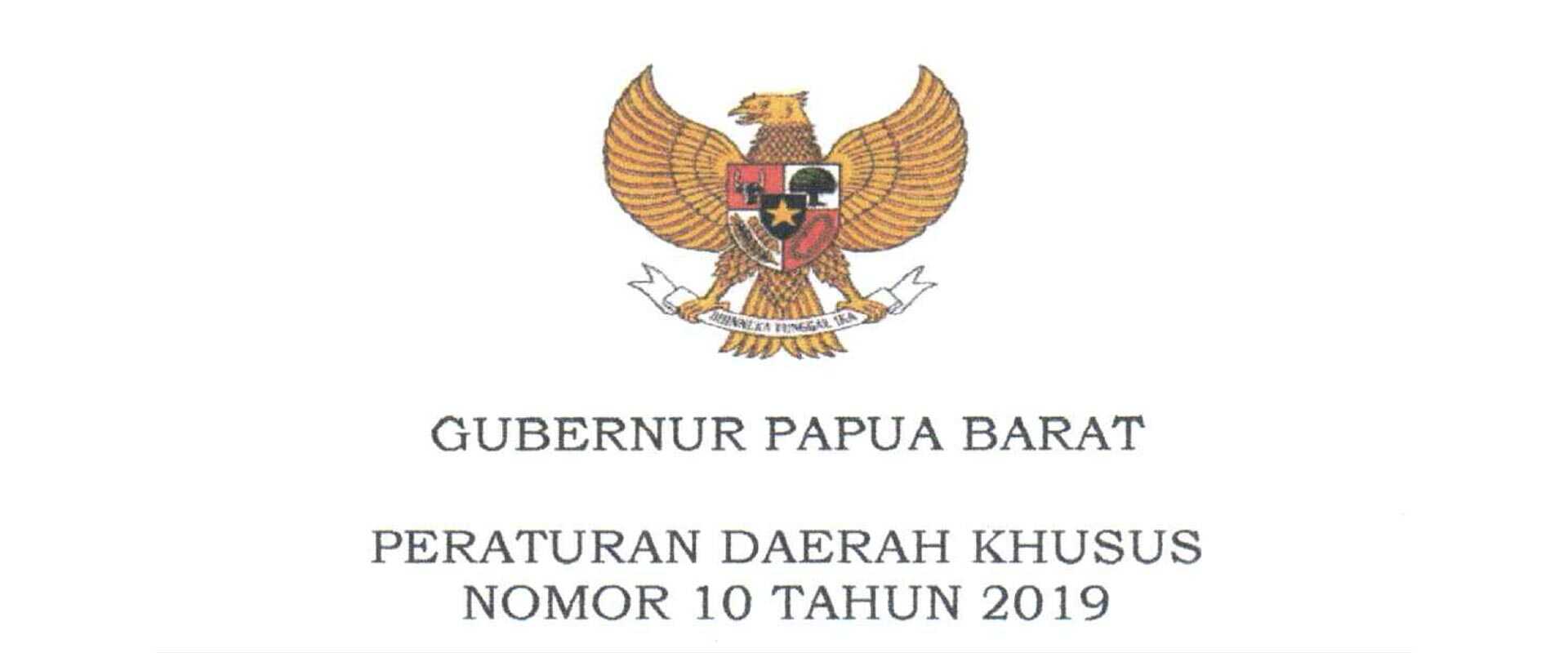Perdasus: A Special Regulation on Sustainable Development in West Papua by Susan Vulpas
West Papua Governor signs the Sustainable Development Province Regulation
Note: Late last year this regulation passed legal review and has finally been released to the public. We earlier posted a report when West Papua was initially announced as the Conservation Provence. Now it’s “truly” Official!
In early 2019, a Special Regulation (Peraturan Daerah Khusus – or Perdasus) on Sustainable Development in West Papua Province was passed, Perdasus Papua Barat No. 10 of the Year 2019. This regulation outlines ambitious aspirations for how West Papua will develop as a province. West Papua, as one of Indonesia’s least developed provinces will pursue a path towards economic development that integrates conservation and indigenous rights as key components of their development path.
This special regulation is broad and provides a legal base for future, more specific regulations to help the province achieve it’s economic, environmental and social goals. Some of these goals include: a commitment to preserve a minimum of 50% of West Papua’s coastal and marine territory, including 20% of this area to be reserved as no-take zones; protect a minimum of 70% of tropical rainforests and other essential ecosystems, improve the wellbeing and poverty alleviation of West Papuans through improved food security, access to employment, electricity, education and health services.
This Perdasus strengthens the 2015 Declaration of West Papua as a Conservation Province signed by former Governor Abraham Octavianus Atururi which provided initial support and recognized West Papua as Indonesia’s first “Conservation Province.” Recognizing the true ecological uniqueness of West Papua, with nearly half Indonesia’s biodiversity, 70% of Indonesia’s mangroves, over 1,800 reef fish species, 35% primary forest cover and 75% of the world’s hard coral species, former Governor Atururi had a vision to balance development and economic opportunities and mitigate risks of development.
The path to this regulation has been long and began in 2014 when Ketut Putra, Conservation International (CI) Vice President for Indonesia, presented CI’s work establishing MPAs in the BHS to the West Papuan Provincial Government. With their support, CI then led a working group to draft the conservation province regulation, socialize the concept with communities and stakeholders, and usher the regulation from idea to Perdasus, until it was signed by the West Papua’s Parliament. This passage of the Perdasus marks another step in the long road towards realizing the Conservation Province.
Highlights of these goals are listed below.
Climate Change: Empower indigenous Papuans to manage their forests sustainably; form a Regional Council for Climate Change and Development to ensure that key ecosystems critical for mitigating the impacts of climate change are protected (eg. upland forests, wetlands, peat, mangroves, seagrass, coastal vegetation and coral reefs).
Education: All educational curriculums in West Papua schools must include components on sustainable development and conservation.
Economic growth: Forbids the exporting of raw logs and raw minerals; value-added processing must be done in West Papua to ensure maximal benefits to local economy.
Enforcement: Indigenous communities have the right to seek legal recourse if environmental impact assessment was conducted by a company without their approval and/or if development proceeds without proper environmental impact assessment. Sanctions will be applied to any individual or company that does not adhere to the rules in the Special Regulation for Sustainable Development (PERDASUS 10/2019).
Forest Conservation: protect a minimum of 70% of tropical rainforests and other essential ecosystems.
Marine Conservation: a commitment to preserve a minimum of 50% of West Papua’s coastal and marine territory, including 20% of this area to be reserved as no-take zones, selected for their ecological function.
Regulations for extractive industries: Environmental Impact Assessments must be carried out with permission from local community before exploratory mining or plantation development. Areas mined must be restored after the extraction is complete.
Social support: improve local food security, access to employment, electricity, education and health services to support the wellbeing and alleviate poverty for indigenous West Papuans.
Waste Management: Waste should be properly managed and businesses are responsible for managing their own waste.
The Perdasus includes articles that touch on a myriad of other subjects. Much of the language is very aspirational without defining specifics. If you are reading the document, the articles highlighted below will help guide you to what we consider to be those of primary interest.
- Article 4: This article notes that 70% of land area must be protected. An end-note mentions a 2019 ESA analysis stating that 82% of West Papua is sensitive to change.
- Article 9: Speaks to providing social welfare for the indigenous people including access to resources and financial opportunities.
- Article 11: States that businesses in West Papua must use sustainable practices.
- Article 14: Declares that terrestrial areas be reserved for indigenous people, with conservation of species protection guaranteed.
- Articles 16-19: Affirm that regional governments must collect data on threatened species, develop a plan of action for their protection, and provide methods to enforce this plan.
- Article 23-25: These articles concern marine conservation; noting that a minimum of 50% of the territory must be conserved with 20% of that area to be set aside in “no-take” zones.
- Article 27-31: Assert that logging companies cannot simply export raw logs but are required to “process” timber before export, which ensures a “value added” component to the extraction of natural resources; directly benefitting the native population.
- Article 33: Proclaims that businesses be responsible, negotiate with the local communities, and requires that damage to the environment be restored.
- Article 34-36: Require that sustainable farming/aquaculture practices be designed to avoid damage to environment while also improving local food security.
- Article 37: Sustainable fishing guidelines are compulsory.
- Article 39-43: Proclaim that extractive mining is still legal but companies must do environmental assessments, be fully permitted by law and restore the area to its pre-mined status.
- Article 46-49: Require that nature be incorporated in protecting the land from impacts of climate change.
- Article 50-52: Express that “green” economy development must consider indigenous people and its impact on the environment. Palm oil plantations are allowed with certain restrictions (see Article 51).
- Article 55-60: Aspire to the improvement of waste management from businesses and industries, including recycling being improved.
- Article 61: States that “green space” should make up 30% of any city area.
- Article 62-67: Define government and indigenous community rights and responsibilities.
- Article 71-72: State that environmental education is required in school curriculum.
- Article 78: Declares that a sustainable financing plan be drafted and approved.
Penutur Bahasa Indonesia dapat membaca seluruh dokumen di sini, Perdasus.
Note: The above link is to the official government document, which is in Bahasa Indonesia, the national language. This is a pdf document so that it can be run through Google translate. The result is pretty messy but does work if you want to see what is all mentioned in the Perdasus. The “meat” of the document starts on page 10.
Susan Vulpas is Conservation International’s Marine Programs Coordinator, Indonesia.






